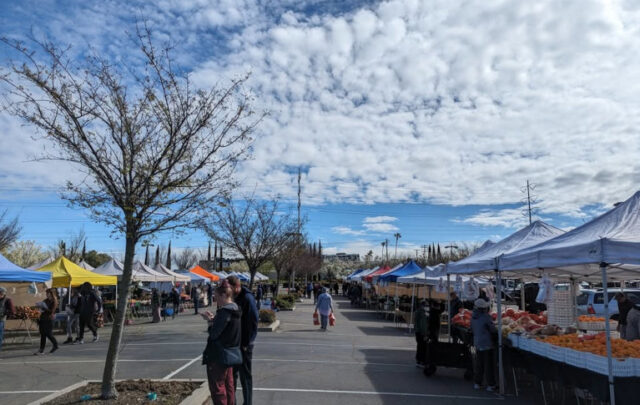What if we aren’t about to return to economic growth? What if the economic growth era is actually behind us? Richard Heinberg’s latest landmark work, The End of Growth, goes to the heart of the ongoing financial crisis, explaining how and why it occurred, and what we must do to avert the worst potential outcomes. He describes what policymakers, communities, and families can do to build a new economy that operates within Earth’s budget of energy and resources. We can thrive during the transition if we set goals that promote human and environmental well-being, rather than continuing to pursue the now-unattainable prize of ever-expanding GDP.
The Story of More: Richard Heinberg
By Richard Heinberg, originally published by TEDx Sonoma County
June 21, 2013


Richard Heinberg
Richard is Senior Fellow of Post Carbon Institute, and is regarded as one of the world’s foremost advocates for a shift away from our current reliance on fossil fuels. He is the author of fourteen books, including some of the seminal works on society’s current energy and environmental sustainability crisis. He has authored hundreds of essays and articles that have appeared in such journals as Nature and The Wall Street Journal; delivered hundreds of lectures on energy and climate issues to audiences on six continents; and has been quoted and interviewed countless times for print, television, and radio. His monthly MuseLetter has been in publication since 1992. Full bio at postcarbon.org.
Tags: end of growth, Fossil Fuels, happiness
Related Articles
Farmers Markets Can Be a Form of Climate Action. Here’s How.
By Gabriella Sotelo, YES! magazine
A 2008 study found that individuals without access to supermarkets were 25 to 46 percent less likely to maintain a healthy diet. Farmers markets, supported by federal, state, and private food assistance programs, are helping to bridge the gap by offering a direct distribution model.
February 4, 2025
While plastic dominates human consumption, the global economy will remain hooked on fossil fuels
By Adam Hanieh, The Conversation
Plastics, and the wider petrochemical industry, played a crucial part in the transformation of global capitalism from the mid-20th century onwards.
February 4, 2025
Artificial Intelligence and the Lost Ark
By Nate Hagens, The Great Simplification
In this Frankly, Nate explores seven potential macro-risks associated with AI, from the amplification of wealth inequality to the (literal) existential threat of superintelligence. Through the lens of ‘obligatory technology’ and Jevons paradox, he examines how AI could turbocharge the economic superorganism – accelerating its impact on resource extraction, ecosystem degradation, and human meaning – all while fragmenting our shared reality and concentrating power in dangerous ways.
February 3, 2025




